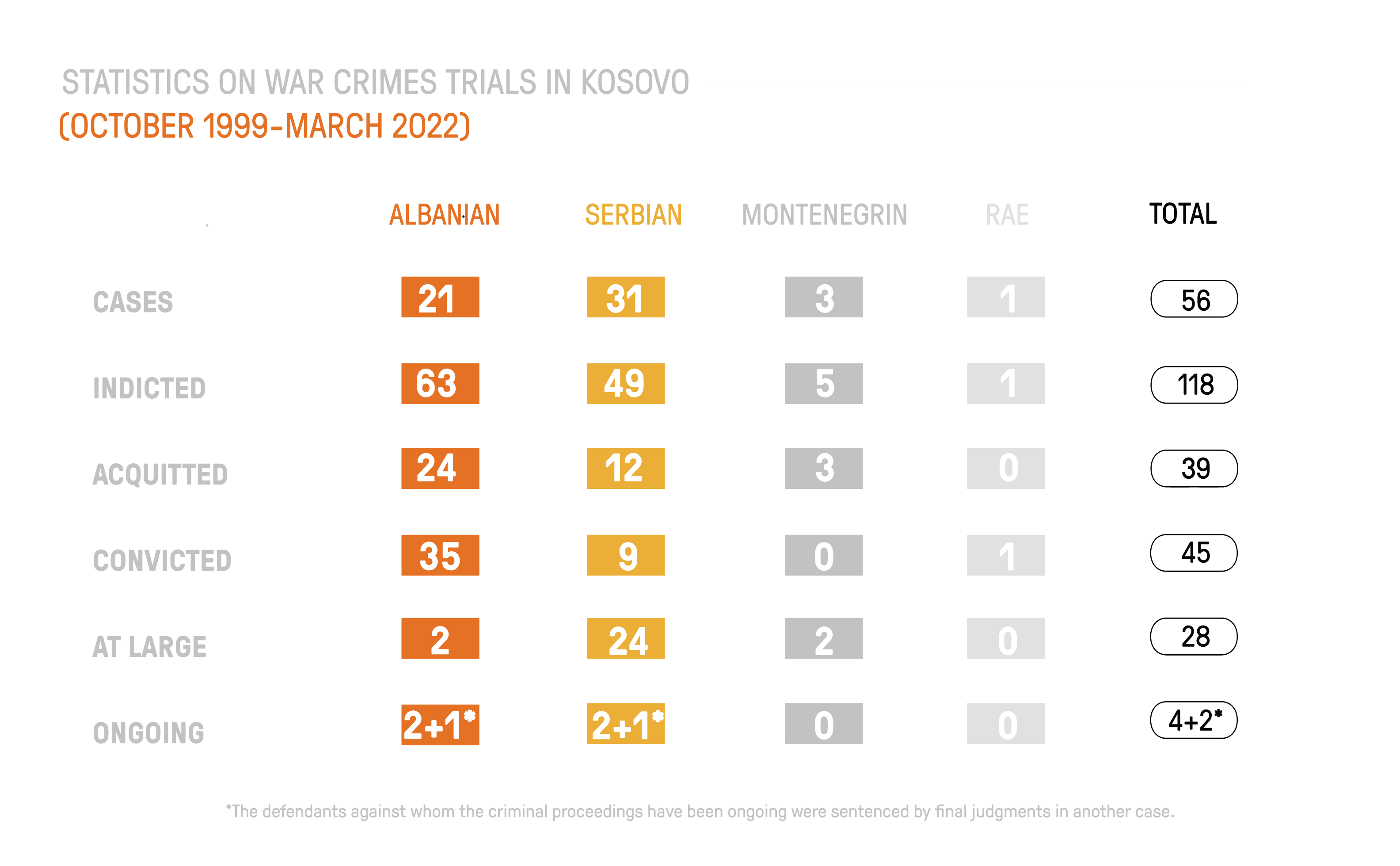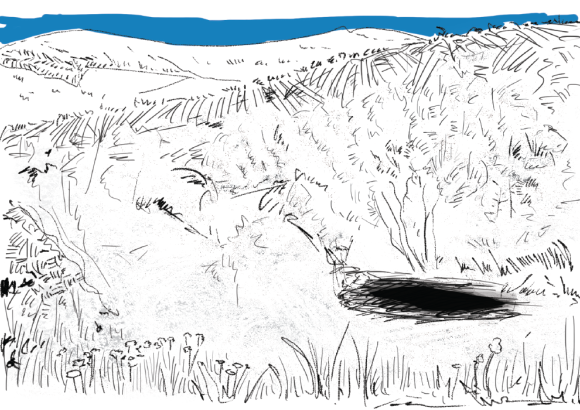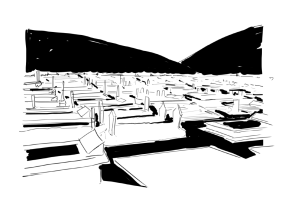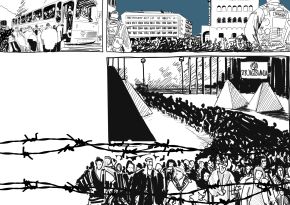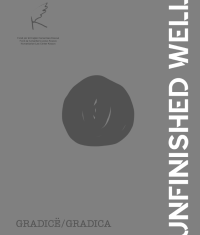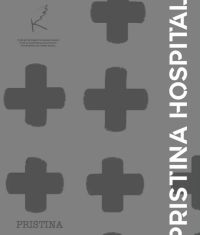Luigj Ndou tells his personal story for ’DwP Histories’ describing the 90s and the events that led to the war. As a professional psychotherapist, he offers us his perspective on war and a detailed analysis of violence, perpetrators and torture as the main tools of totalitarian regimes.
During the NATO bombings, Mr. Ndou was in Belgrade as a PhD candidate. He talks about the challenges of living there, how he and his friends were captured by the Serbian police and how they suffered as prisoners in Belgrade, where they were locked up for 27 days in a police station before being sent to prison.

